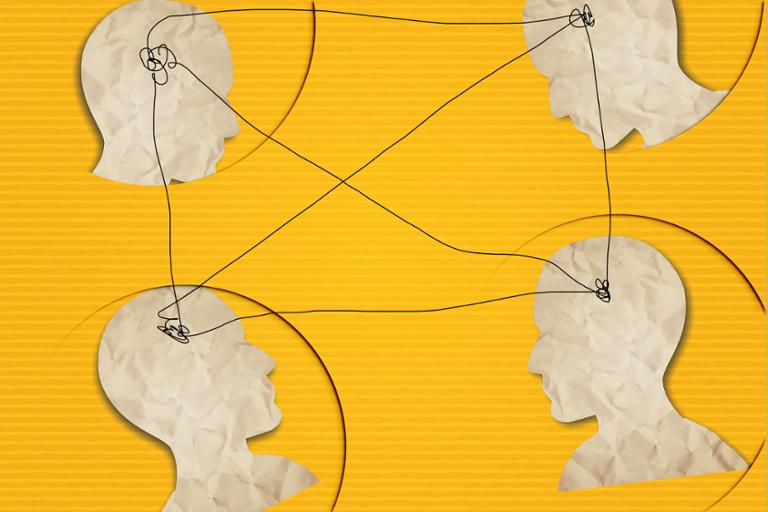Microsoft CEO Satya Nadella knows a little something about managing companies, not to mention cutting-edge technologies such as the cloud, so when he cites a particular business skill as both crucial and hard to learn, it’s worth paying attention.
That skill isn’t a highly technical one like natural language processing or computer architecture—it’s empathy.
“Empathy is not a soft skill,” Nadella said in an interview with Axel Springer CEO Mathias Döpfner, according to Business Insider. “In fact, it's the hardest skill we learn—to relate to the world, to relate to people that matter the most to us.”
There’s general agreement that soft skills are critical for anyone working in tech. Last year, a study by ZipRecruiter found that 93 percent of employers think soft skills play a “critical” role in a hiring decision. According to a breakdown by Lightcast, which collects and analyzes millions of job postings, companies everywhere prize candidates who have solid communication, teamwork, presentation, and relationship skills.
Why is empathy important?
Empathy is essential in multiple contexts. For software engineers, project managers, and others who build products, putting yourself in your end user’s mind, and acknowledging their needs and wants, can help you create better features and more efficient interfaces. For managers and team leaders, empathy is essential for securing buy-in from your team and other stakeholders throughout an organization, including senior management.
It's one thing to acknowledge empathy’s importance; it’s another to actually practice empathy in a day-to-day context, especially when stress, tight deadlines, and internal competition for resources can make it difficult for anyone to fully take others’ thoughts and feelings into account. To that end, companies and teams should do their best to craft a culture of empathy. According to the Harvard Business Review, executives can do the following to “build empathy in their workplace”:
- Acknowledge the potential for growth.
- Highlight the right norms.
- Find cultural leaders and co-create with them.
That’s potentially a long and painstaking process, of course; cultural shifts require buy-in from everyone in the organization, as well as daily action.
How can I build empathy?
As with any soft skill, years of practice make perfect. Even if you don’t consider yourself a naturally empathetic person, you can improve over time. Putting yourself in someone else’s place—trying to see the world through their eyes—takes quite a bit of effort.
One article from the American Psychological Association breaks down some goalposts to keep in mind as you develop a more empathetic headspace:
- Be willing to grow.
- Expose yourself to differences.
- Read fiction.
- Identify common ground.
- Ask questions.
- Understand your blocks.
- Second-guess yourself.
If you’re stumped about where to begin, ask your manager if they’d be interested in engaging in some team-centric empathy-building exercises. These can include everything from an “appreciation round” where everyone says something good about a colleague, to sessions of creative storytelling and gratitude. This approach can help you not only grow as an individual, but as a team.



